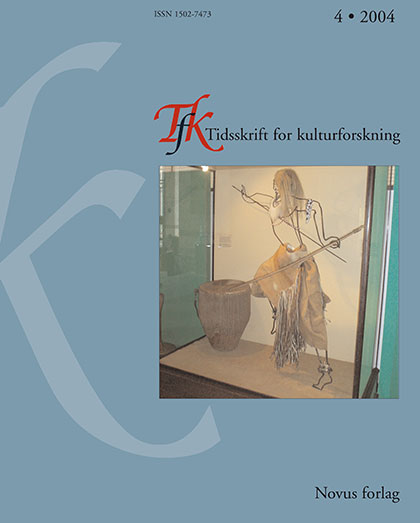Sammendrag
This article discusses socio-cultural integration related to the concept of dignity. The aim of the article is to discuss adaptation strategies among male refugees in the Norwegian context departing from their experiences and interpretations, and to identify structural barriers which limit their action space. Work and means of breadwinning is important for the self-image and dignity of most men. However, many men with refugee background experience exclusion at different levels in the working life. The author argues that integration processes depend on structural traits outside the control of individual refugees and that exclusion forces in the labour market affect men in particular ways. In contrast to what many researchers assume, integration is more a question of possibilities and obstacles than about the minority members' free will or unwillingness. The analysis, which combines a phenomenological lifeworld-perspective with contrafact perspectives and official statistics, is based on perspectives from Ytrehus's doctoral thesis.
Forfattere beholder opphavsretten og gir tidsskriftet rett til første publisering av arbeidet. En Creative Commons-lisens (CC BY-SA 4.0) gir samtidig andre rett til å dele arbeidet med henvisning til arbeidets forfatter og at det først ble publisert i dette tidsskriftet.

